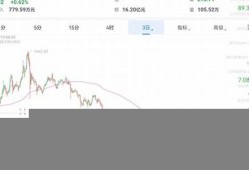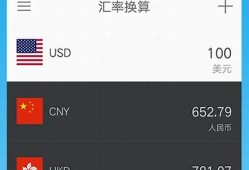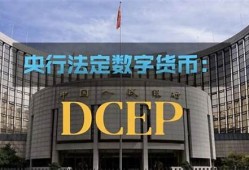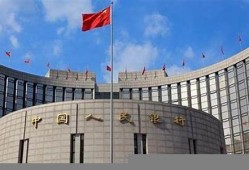
The future of the Internet of Things (IoT) digital currency is promising, with numerous opportunities and challenges that will shape its development. IoT refers to a network of interconnected devices, sensors, and appliances that communicate with each other and exchange data. Digital currencies are a new form of payment that uses encryption techniques to secure transactions and control the creation of new units.
One of the biggest advantages of IoT digital currencies is their ability to facilitate seamless transactions between devices without the need for intermediaries such as banks or payment processors. This could lead to significant cost savings for businesses and consumers alike, as well as increased speed and efficiency in transactions.
However, there are also several challenges that must be addressed for IoT digital currencies to reach their full potential. One major challenge is security, as the vast number of connected devices creates new vulnerabilities that could be exploited by hackers. To address this, blockchain technology, which underpins many digital currencies, can be used to create a secure and decentralized network that can protect against cyber threats.
Another challenge is scalability, as the increasing number of connected devices could put a strain on existing digital currencies and networks. To address this, new technologies such as sharding and sidechains can be used to distribute transactions across multiple nodes and reduce congestion on the main network.
Despite these challenges, the future of IoT digital currencies looks bright. As more devices become connected and adopt digital currencies, they will create a larger and more sophisticated economy that can benefit from increased efficiency and security. In addition, the use of digital currencies in IoT applications could also lead to new innovations in areas such as supply chain management, energy efficiency, and healthcare.
In conclusion, the future of IoT digital currencies is promising but not without its challenges. By addressing security and scalability issues through the use of blockchain technology and other innovative solutions, we can unlock the full potential of this emerging field and create a more efficient and secure global economy.









